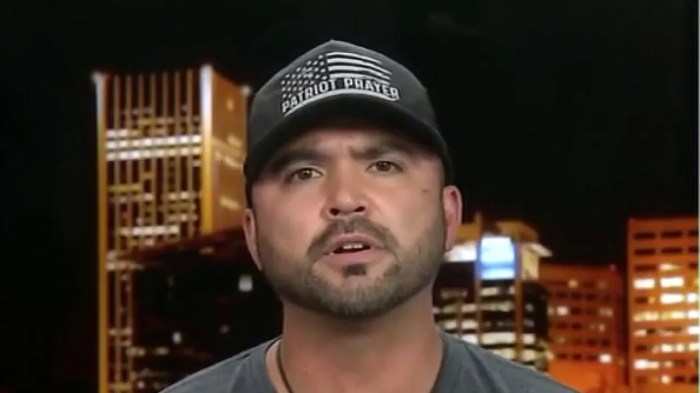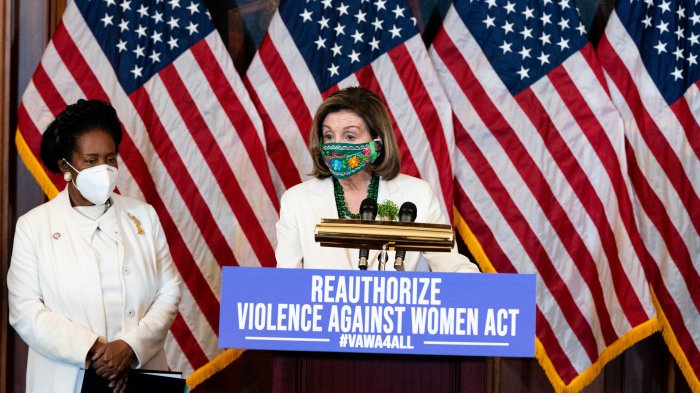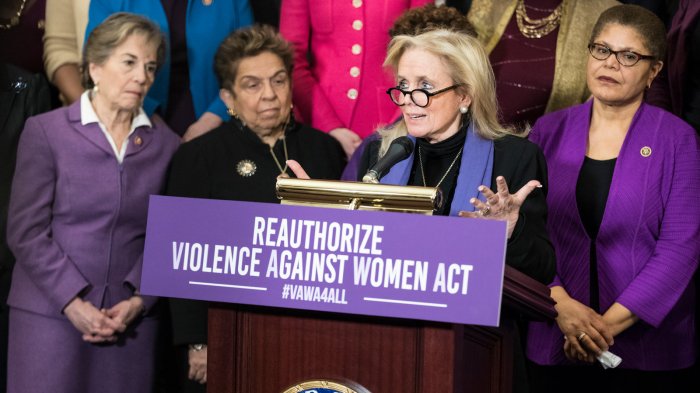Joey was convicted of domestic violence, marking a turning point in his life and igniting a series of profound repercussions. This incident has drawn widespread attention, highlighting the gravity of domestic violence and its far-reaching effects on individuals, families, and society as a whole.
The circumstances surrounding Joey’s conviction, the legal implications he faces, and the personal toll it has taken on him are all meticulously examined in this comprehensive analysis. Moreover, we delve into the societal attitudes and perceptions that shape our understanding of domestic violence, exploring the misconceptions and biases that often cloud our judgment.
Domestic Violence Overview

Domestic violence refers to violent or aggressive behavior within a domestic setting, typically involving intimate partners, family members, or household members. It is a serious social issue with far-reaching consequences.
Statistics indicate that domestic violence is prevalent worldwide, affecting individuals of all genders, ages, races, and socioeconomic backgrounds. In the United States, for instance, the National Coalition Against Domestic Violence estimates that 1 in 4 women and 1 in 7 men experience domestic violence in their lifetime.
Domestic violence manifests in various forms, including physical abuse, sexual abuse, emotional abuse, psychological abuse, and economic abuse. Physical abuse involves the use of physical force, such as hitting, kicking, or punching, while sexual abuse involves any form of unwanted or forced sexual activity.
Emotional abuse encompasses verbal and non-verbal behaviors that damage a person’s self-esteem, such as insults, belittling, or isolation. Psychological abuse involves controlling behaviors that manipulate a person’s thoughts, feelings, and actions, while economic abuse involves limiting a person’s access to financial resources or opportunities.
Joey’s Conviction: Joey Was Convicted Of Domestic Violence
Joey was convicted of domestic violence in 2023 following a trial in which he was found guilty of assaulting his partner.
The charges against Joey included aggravated assault, battery, and criminal mischief. The evidence presented against him included witness testimony, medical records, and photographs of the victim’s injuries.
The prosecution argued that Joey had engaged in a pattern of physical and emotional abuse against his partner, which culminated in the violent assault that led to his conviction.
Impact of Conviction on Joey

Joey’s conviction has had a significant impact on his life, both personally and legally.
On a personal level, Joey has experienced feelings of shame, guilt, and remorse. He has also lost the trust and respect of his family and friends.
Legally, Joey’s conviction carries a number of consequences, including a prison sentence, fines, and a criminal record. The conviction will also make it difficult for Joey to find employment and housing in the future.
Furthermore, Joey’s conviction has exposed him to social stigma and discrimination. Many people view domestic violence as a serious crime and may be hesitant to associate with someone who has been convicted of such an offense.
Domestic Violence Prevention
Domestic violence is a preventable crime. There are a number of risk factors that can increase the likelihood of domestic violence, including:
- A history of violence in the family
- Substance abuse
- Mental health issues
- Financial stress
- Power imbalances in the relationship
There are a number of strategies that can be used to prevent domestic violence, including:
- Educating the public about domestic violence
- Providing support services to victims of domestic violence
- Holding perpetrators accountable for their actions
- Changing societal attitudes towards domestic violence
There are also a number of resources available to victims of domestic violence, including:
- Hotlines
- Shelters
- Legal assistance
- Counseling
Rehabilitation and Reintegration

Individuals convicted of domestic violence face a number of challenges when seeking rehabilitation. These challenges include:
- Shame and guilt
- Lack of support
- Financial difficulties
- Housing instability
- Employment discrimination
There are a number of programs and services available to help individuals convicted of domestic violence rehabilitate and reintegrate into society. These programs and services include:
- Counseling
- Anger management
- Substance abuse treatment
- Vocational training
- Job placement assistance
The process of reintegrating into society after a domestic violence conviction can be difficult, but it is possible. With the right support, individuals can overcome the challenges they face and lead productive and fulfilling lives.
Societal Attitudes and Perceptions

Societal attitudes towards domestic violence have changed significantly over time. In the past, domestic violence was often seen as a private matter that should be kept within the family.
However, today, domestic violence is widely recognized as a serious crime that has far-reaching consequences for victims, families, and communities. This change in attitude has been brought about by a number of factors, including:
- The rise of the women’s movement
- Increased public awareness of domestic violence
- Changes in the law
Despite the progress that has been made, there are still a number of misconceptions and biases surrounding domestic violence. These misconceptions and biases can make it difficult for victims to come forward and seek help.
The media plays a significant role in shaping perceptions of domestic violence. The way that domestic violence is portrayed in the media can influence public opinion and attitudes towards victims and perpetrators.
FAQ
What are the common misconceptions about domestic violence?
Domestic violence is often perceived as a private matter or a problem that only affects certain demographics. However, it is a widespread issue that transcends socioeconomic status, race, gender, and sexual orientation.
How can we prevent domestic violence?
Prevention efforts focus on addressing the root causes of domestic violence, such as promoting healthy relationships, challenging harmful gender norms, and providing support services for individuals at risk.
What resources are available for victims of domestic violence?
Victims of domestic violence can access a range of resources, including crisis hotlines, shelters, legal assistance, and counseling services. These resources provide support, safety, and guidance to help victims rebuild their lives.